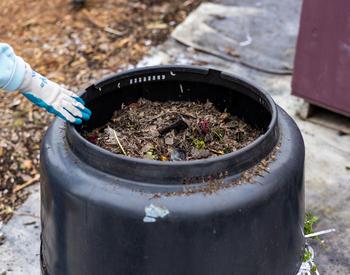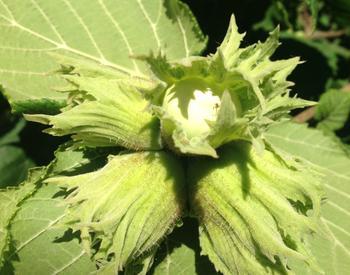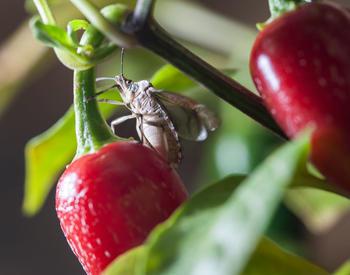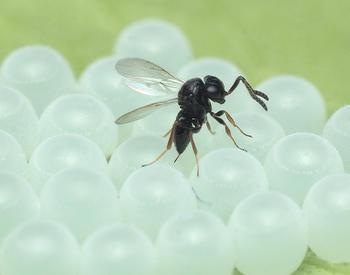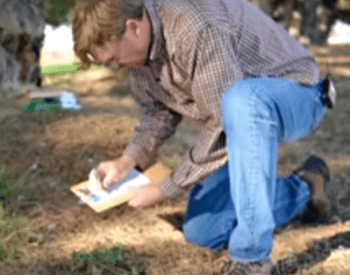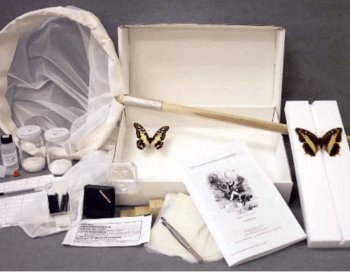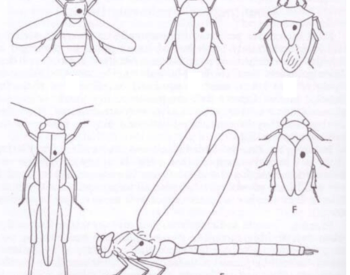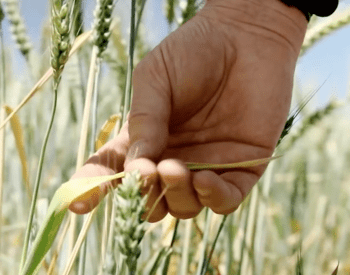Transcript
[Music] The Oregon IPM Center promotes Integrated Pest Management for Oregon and the Northwest region. Integrated Pest Management is a strategy that focuses on using creative techniques to battle pests. IPM strategies decrease dependence on pesticides as the main tool for battling insects, weeds, and plant diseases. These long-term solutions work in harmony to defend against pests on farms, schools, homes, and anywhere pests can be a problem.
Oregon's growers have been embracing IPM for decades. From Rock Valley pears to potatoes on the Columbia Plateau, farmers across the state have worked with OSU researchers and extension agents to test new ideas and move the science of pest management towards environmentally responsible practices.
Our primary goal is to be the central hub of information for IPM research and extension activities in our state. We foster communication, participation, and engagement among IPM researchers, practitioners, and partners. We work to get the information out there to those who are looking to impact the future of agriculture and pest management. We also bring together state and federal agencies to coordinate IPM activities in the protection of natural resources across the state.
USPest.org is one of the flagship products of the Oregon IPM Center. For over 25 years, USPest.org has been a weather and climate-driven decision support tool for pest management and related agricultural needs nationwide. Users can access over 140 pest and crop models fed by data from over 30,000 real-time weather stations from hundreds of weather networks to make informed pest management decisions in real time. Growers can target insects, weeds, and diseases at their most vulnerable stages to save money, reduce labor, and increase the efficacy of their IPM plans.
And now, Oregon IPM Center is introducing a new digital platform called DDRP (Degree Days Risk and Phenological event mapping). This sophisticated open-source platform will help detect new invasive pest threats, help to schedule monitoring and management actions, optimize biological control activities, and predict the potential impacts of future threats such as climate change on agricultural production.
The Oregon IPM Center is also home to VegNet, a long-standing pest activity alert service for vegetable and specialty seed crops throughout the Willamette Valley. The program offers weekly reports, regional insect test activity, and how it relates to pressure within fields. Growers, home gardeners, ag industry professionals, and extension agents use the information to make informed IPM decisions that support crop management goals.
And this is just the beginning. The Oregon IPM Center works with industry experts to evaluate current IPM strategies. We bring together farmers, researchers, and other experts to determine specific priorities for our IPM strategic plans. We identify their critical integrated pest management needs for education, regulation, and research. Crop pest losses impact assessments are intensive surveys that collect crucial data on seasonal pest pressure, production costs, and the benefits of technologies. We dig deep to measure precisely how pests and pest management strategies lead to economic impacts at the industry level. Combined, these projects provide evidence to support and promote the adoption of IPM practices and reveal key areas for improvement.
While managing big data, one of the key roles for Oregon IPM Center is to be a central hub of information related to all aspects of IPM. Oregon IPM Center produces a monthly newsletter that highlights news and current research that is read by hundreds of growers, university faculty, public agencies, and industry representatives in our region. Each year, we host the IPM Research and Extension Summit at Oregon State University to bring together researchers and field agents from across the state to discuss current issues and spark new ideas for progressive pest management. We also regularly present on IPM topics and serve as advisors for working groups and committees.
Above all, the Oregon IPM Center strives to help develop and promote sustainable pest management in our region. Agriculture and natural resources are one of Oregon's largest industries, job creators, and economic drivers, and the core relationship between society and environment. Creating sustainable systems requires science-based information and collaboration with industry and government to shape policies that keep both the economy and the environment healthy.
The Oregon IPM Center promotes integrated pest management for Oregon and the Northwest region. Integrated pest management is a strategy that focuses on using creative techniques to battle pests. IPM strategies decrease dependence on pesticides as the main tool for battling insects, weeds and plant diseases. These long-term solutions work in harmony to defend against pests on farms, schools, homes, and anywhere pests can be a problem.

